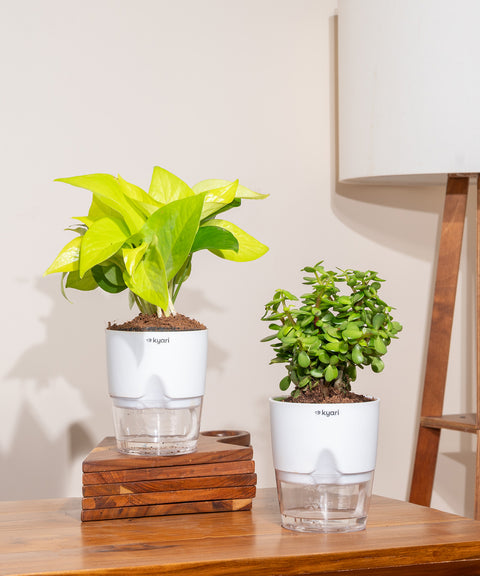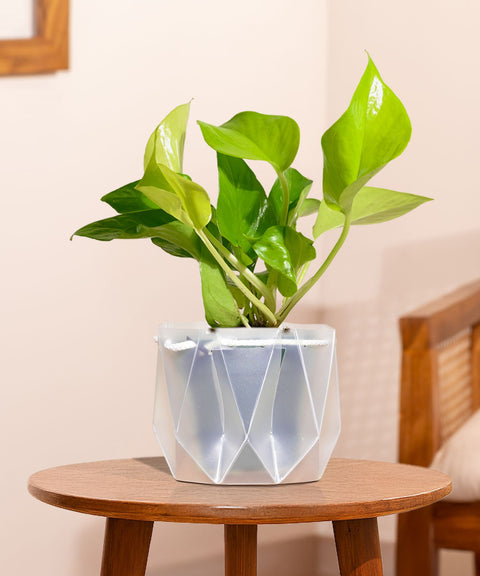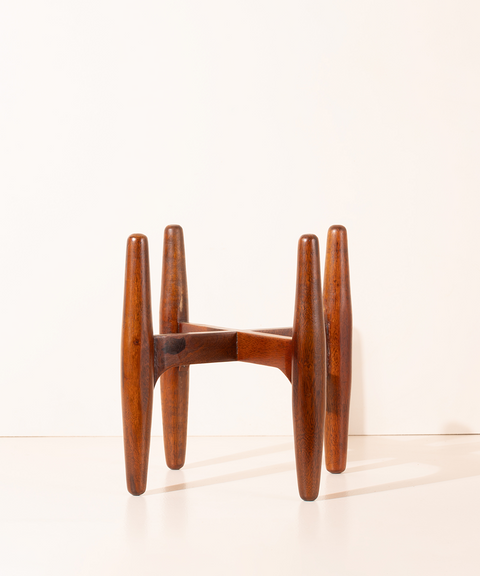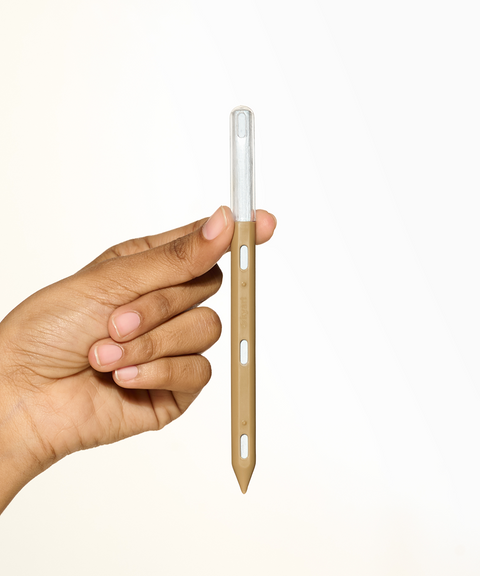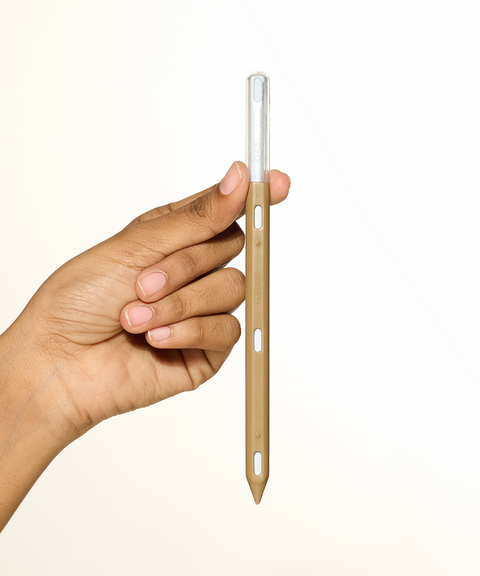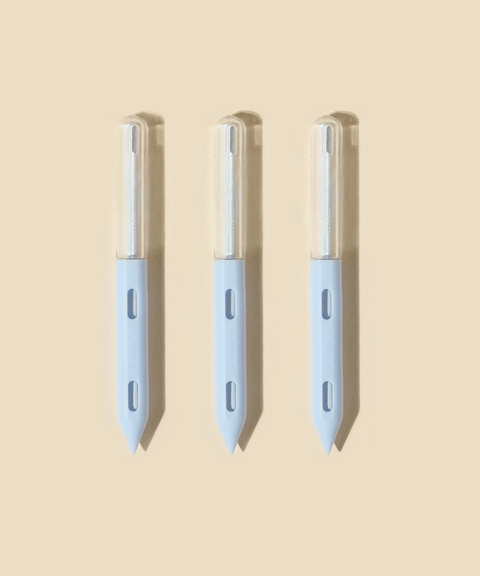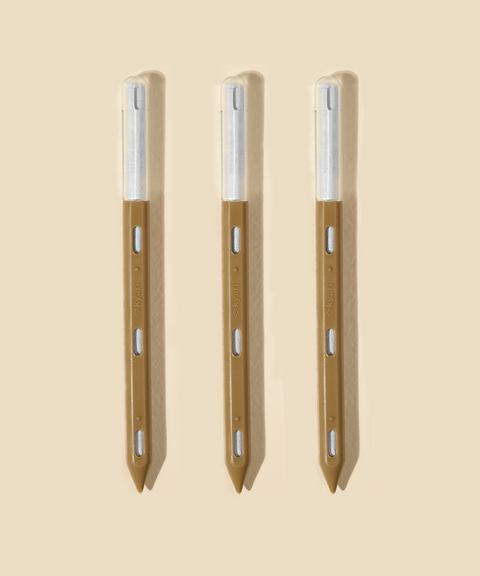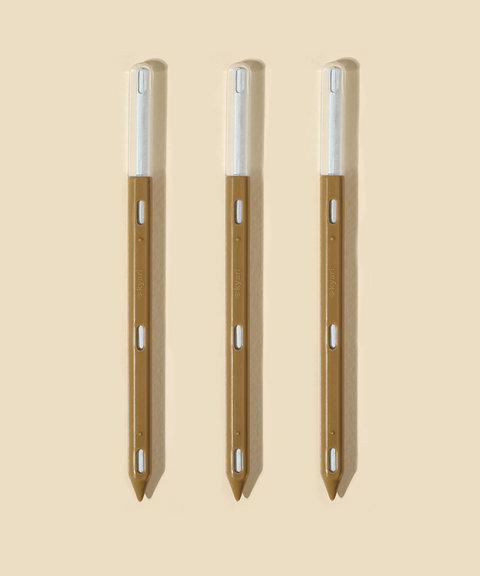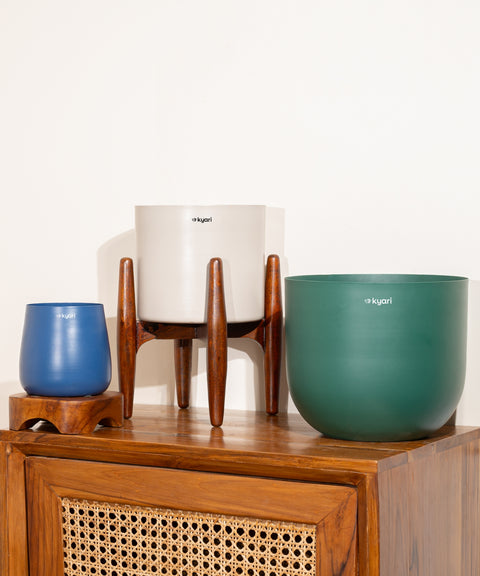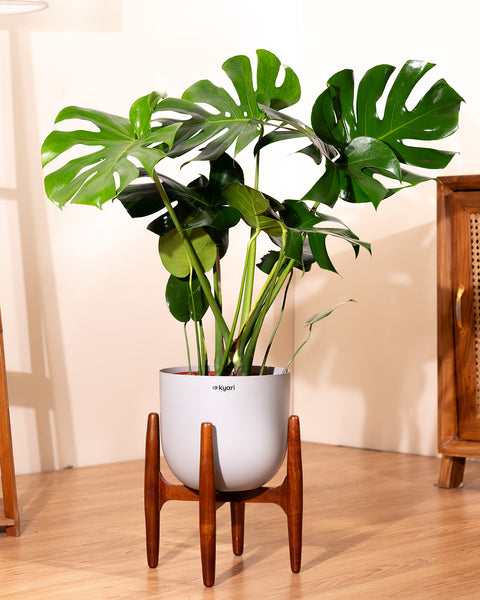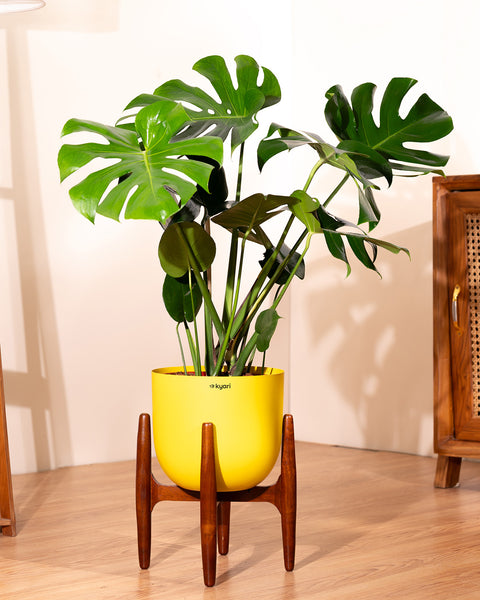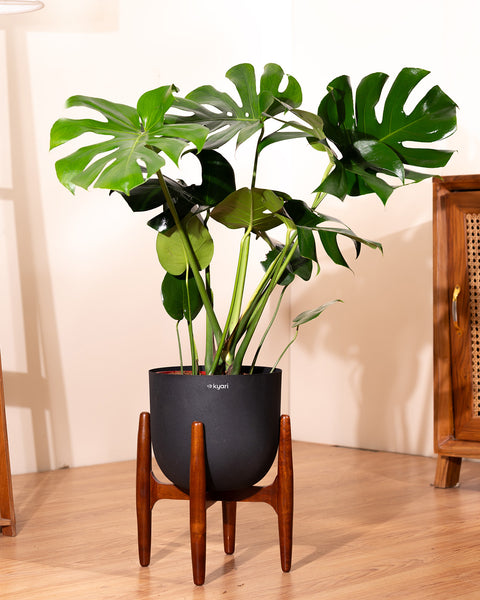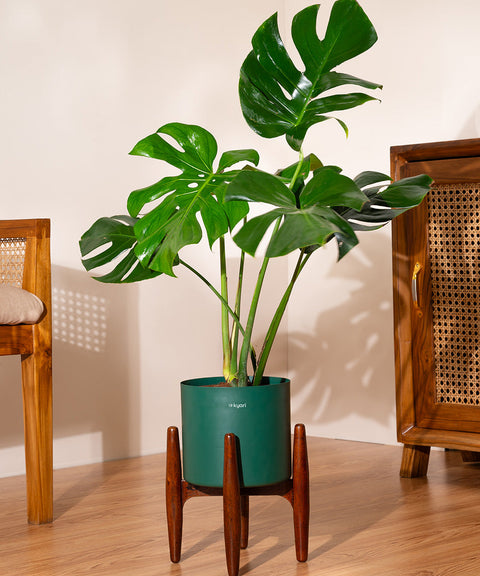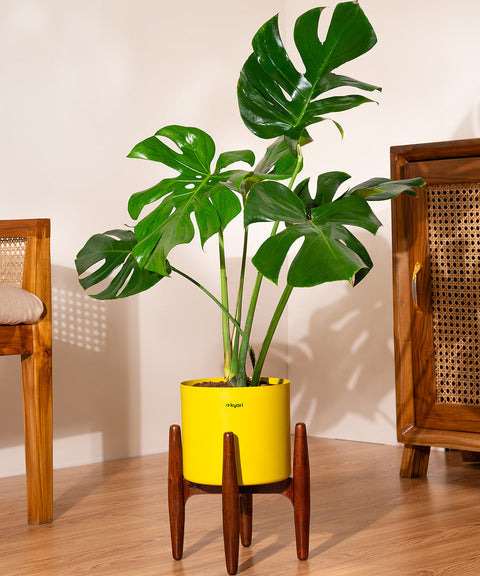About
ZZ Plant
Tough, stylish, and virtually indestructible, the ZZ Plant is the ultimate low-maintenance plant for any space. Perfect for adding a touch of green to your home or office.
Origin
Native to Eastern Africa.
Light
Prefers bright, indirect light but can tolerate low light conditions.

Water
Water every 2-3 weeks allowing the soil to dry out between waterings. Water more frequently in brighter light.
Humidity
Adaptable to average household humidity levels.
The ZZ Plant is so resilient that it can survive months of neglect—perfect for the forgetful plant parent
Placement
The ZZ Plant is favored in feng shui for its ability to bring good luck and purify the air. Here’s how to place it
Place it in the living room to enhance positive energy and air quality.
Position it in the office to boost productivity and create a calming environment
Keep a ZZ Plant in the bedroom for a peaceful and restful atmosphere
Frequently Asked Questions
The ideal temperature for a ZZ Plant is between 65°F to 75°F (18°C to 24°C).
Water your ZZ Plant every 2-3 weeks allowing the soil to dry out between waterings
ZZ Plants prefer bright indirect light but can tolerate low light conditions
Place your ZZ Plant in a low to medium light area such as the living room or office
Rotate the plant occasionally for even growth and keep the leaves dust-free to ensure optimal health.
Yellowing leaves indicate overwatering. Allow soil to dry out completely before watering again.
Drooping leaves are a sign of underwatering or low light. Increase watering frequency and ensure the plant receives adequate light.
Keep the plant clean by wiping the leaves and inspecting regularly for pests. Use insecticidal soap if necessary
Wilting leaves can be a sign of underwatering. Increase watering frequency and ensure the soil is moist but not soggy
\tPale leaves can indicate insufficient light. Move the plant to a brighter location with indirect sunlight








 Limited Time Deal
Limited Time Deal
 BYOB - Small Plants
BYOB - Small Plants



















